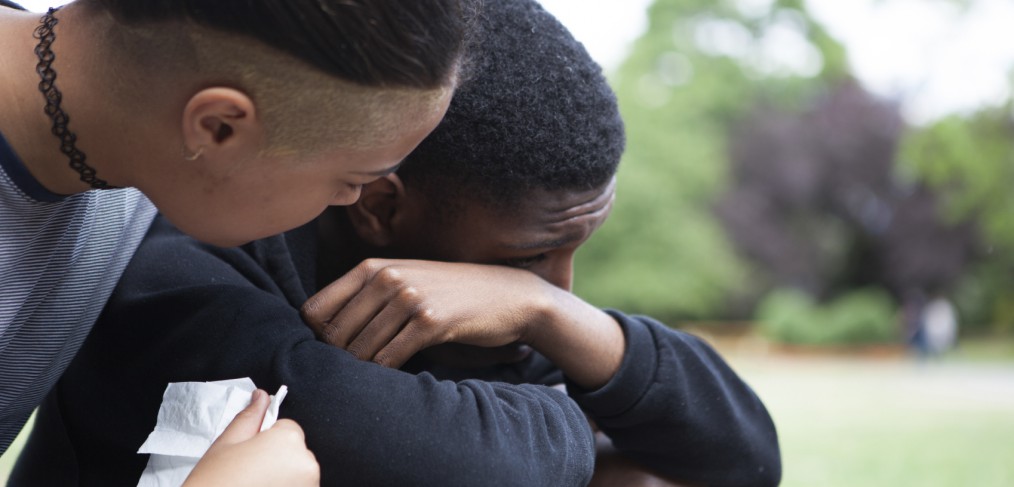
Empathy
Human morality is unthinkable without empathy.
~Frans de Waal
I have two nephews that love to say, “When Mom’s not happy, nobody’s happy.” I understand where they come from.
We all have people in our lives whose conditions affect our conditions, whose moods can greatly affect our moods, and with whom we have shared emotional states.
How does this happen? How does an emotional investment in someone evolve into such a direct connection?
I think this can happen on a variety of different levels and for very different reasons. The most basic might be a shared experience.
When we are going through something that is very difficult or challenging, it is much more comforting to talk to someone who knows how we feel because they’ve been through it. It’s much more helpful to hear “I know how you feel” than “I can only imagine how you feel.” Of course, “I know how you feel” is not the same thing as “I feel what you feel,” which, for me, is at the heart of empathy. A shared experience might or might not involve empathy.
Another level of empathy is related to people who are friendly but who don’t necessarily have a deep emotional bond. The level of empathy we feel in that situation is directly related to how close our connection is. If we have an acquaintance, for example, who is sick or has experienced some tragedy, we might feel for them or be upset about the news, but it may not significantly affect us. It’s an empathic response, but the intensity of it will vary depending on how emotionally invested we are in the other person.
For people we love, the empathic connection is much more direct and we can feel what they feel as intensely as if we are going through exactly what they are.
My son recently went through an extremely upsetting experience. He failed at something he had been working toward for years. He was thunderstruck and heartbroken. He was bewildered. He was in pain. He eventually regrouped and came out the other side stronger (a great story for another time), but for a couple of days, his pain was palpable.
My son and I have a connection that is hardwired in almost every way. We find the same things funny, we find the same things stupid, music affects us in the same way. In many ways, we are the same person. When this happened to him, the pain I felt was every bit as real as any pain I’ve ever felt. We hunkered down together and let the storm pass. It was an astonishing experience.
There was a huge distinction between my concern and feelings as a parent and my empathic response. One involved looking at the problem, giving him advice and perspective, and making sure he knew it wasn’t the end of the world. These are feelings of concern and responsibility—as a parent.
The other is based entirely on our emotional connection. My pain was something I should have been able to rationally analyze and presumably lessen, but that remained because the source of the pain wasn’t rational; it was entirely based on my son’s pain. I couldn’t (as he couldn’t) put it in perspective right away.
“So,” you say, “interesting. A good story. But so what? What implications does this have for living a meaningful life?”
The epiphany I got from this experience is that our empathic connections are part of what define us, a way we can characterize and better understand our relationships and ourselves. They can be a measuring stick for how connected we are with the world and the people in it.
We are each our own person, but who we are is also defined by our connections.
It’s up to us to make those connections meaningful.



